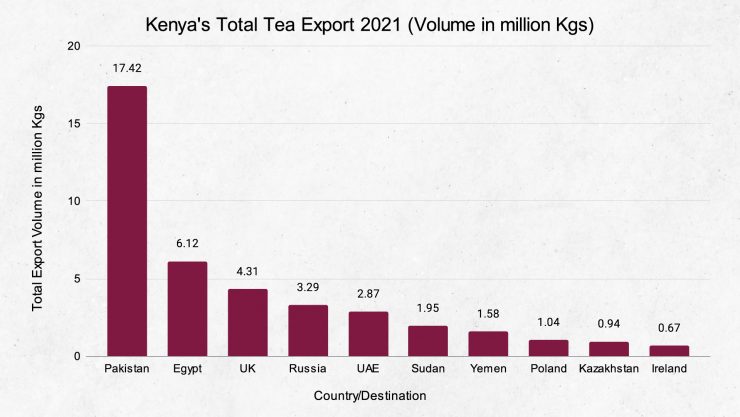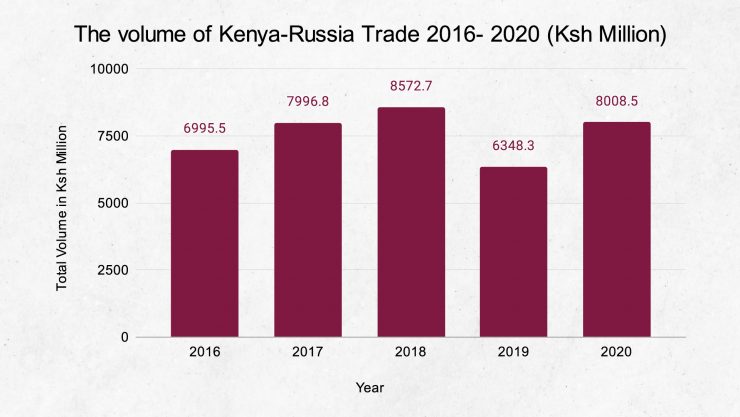Since Russia’s 2014 annexation of Crimea, a peninsula along the northern coast of the Black Sea in Eastern Europe, Russia and Ukraine continue to be at loggerheads. In October 2021, Russia began moving troops and military equipment near the border with Ukraine, reigniting concerns over a potential invasion. By December 2021, more than one hundred thousand troops were on location near the border as Russia issued a set of demands which included a ban on Ukraine joining the North Atlantic Treaty Organisation (NATO).
What’s Happening Now: On Monday 21 February 2022, Russian President Vladimir Putin recognised (as being independent of Ukraine) two breakaway regions of Ukraine, Donetsk and Luhansk-that comprise a larger region called Donbas that borders Russia. Putin ordered Russia’s defence ministry to deploy troops to the two regions in what he termed as a peacekeeping mission, a move that has not only heightened fears within Ukraine but has angered the countries in Western Europe to a point of calling for economic sanctions on Russia. On Thursday 24 February, much to the surprise of the world, Russian forces launched a major assault on Ukraine-hitting its capital Kyiv and several other cities.
Why it matters: A full-scale invasion of Ukraine will have a tumultuous ripple effect on the rest of the world. Russia’s connectedness to global markets makes it a major driving force in the world’s economy.
The big picture: According to the World Trade Organisation (WTO), Russia-a member of WTO since August 2012-is the 16th exporter and 21st importer of goods in the world. Russia mainly exports oil and gas-accounting for about 40% of Europe’s natural gas supplies-solid fuels, wheat and meslin, iron and steel, precious metals, precious stones and wood, and mainly imports machinery, pharmaceuticals, electronics, electrical products, vehicles and plastics.
Kenya’s Woes: Should Ukraine be driven to its knees, Kenya is bound to suffer major setbacks.
- The Cost of bread and wheat flour goes up. Kenya relies on imported wheat from Ukraine and Russia to meet its annual demand of 1.2 million metric tonnes of grain. Russia is the world’s leading wheat exporter while Ukraine is the fourth. In 2021, the price of bread and wheat went up after Russia imposed higher duty on wheat exports to protect its local market. After the attack by Russia, Ukraine military suspended commercial shipping at its port. Any interruption to the flow of grain out of the Black Sea region is likely to have a major impact on prices and drive up the already-high cost of living.
- Data from the Tea Directorate shows that Russia is the fourth-biggest buyer of Kenyan tea. With the U.S threatening to deny key Russian financial institutions and companies access to U.S. dollar transactions and global markets for trade, this could affect Kenya’s exports to the country.

- Global oil prices may skyrocket. After Thursday’s invasion, the global price of Brent crude surpassed $100 a barrel, a first since 2014. Russia is a major crude oil producer and exporter, accounting for about 12% of the world’s supply, a disruption in supply could further rally the price. A spike in global prices will ultimately affect Kenya’s fuel price which has been on the rise due to the COVID-19 pandemic. In September 2021, Kenya recorded the highest pump price of Kshs 134 a litre. What is bound to follow is a rise in the cost of transport and electricity.
- Drop in trade between Russia and Kenya. According to Kenya’s Economic Survey 2021, the Values of Total Exports between Kenya and Russia was at Ksh 8 billion at the end of 2020.

Of note: While the U.S and its western allies in NATO are backing Ukraine, China has expressed support for Russia, although it has called for restraint from both countries. On its part, Kenya has diplomatic ties with both Ukraine and Russia and a number of countries that have imposed sanctions including the U.S and U.K. But going by the sentiments of Kenya’s Permanent Representative to the United Nations, Martin Kimani, Kenya is urging for peace.
